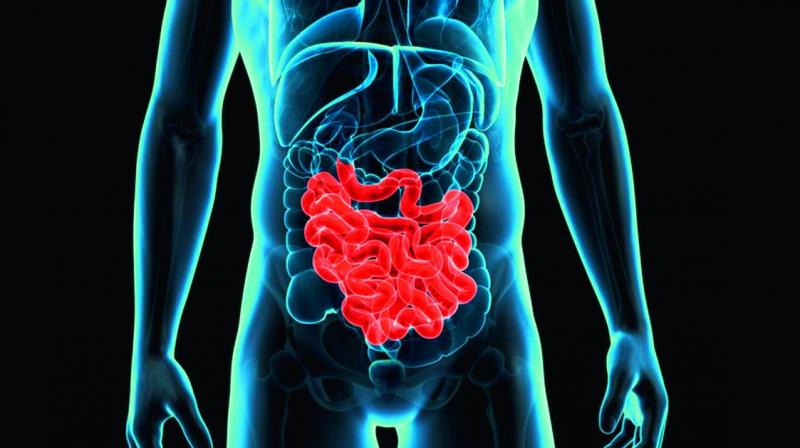Everything you need to know about Celiac disease
When individuals suffering from celiac disease eat gluten-rich food their body's immune system reacts and attacks the small intestine.

Celiac disease (gluten-sensitive enteropathy) is an autoimmune disorder in which ingestion of gluten leads to nutrient malabsorption in a person. The inflammation caused due to gluten intake leads to damage in the small intestines and it is very important to completely eliminate grains containing gluten from the diet to ensure that the disease can be treated properly. Celiac disease is found to affect one in 100 people explains Dr Krishna Mohan Y., senior gastroenterologist.
What is celiac disease and how is it caused?
Celiac disease (CD) is genetics-related food intolerance in those who have a family history of the disease. It is hereditary in nature where the prevalence of the condition in first-degree relatives is approximately 10 per cent. It is an autoimmune disorder with a strong genetic connotation. It is triggered by a well-identified environmental factor (gluten and related prolamins present in wheat, rye, and barley), and the autoantigen is also well known (the ubiquitous enzyme tissue transglutaminase).
It is a chronic inflammatory disorder of the small intestine characterised by malabsorption after ingestion of gluten. When individuals suffering from celiac disease eat gluten-rich food their body’s immune system reacts and attacks the small intestine. These attacks lead to damage on the villi, small finger-like projections that line the small intestine leading to nutrient malabsorption.
What are the incidences of celiac disease in India? In which age group is it largely seen? Is it found more in a particular gender?
About one in 100 people about one per cent have celiac disease (CD). CD and latent CD were most prevalent in northern India and the least in southern India. The prevalence correlated with wheat intake. Symptoms of celiac disease can appear at any age from infancy into senior adulthood. The average age of diagnosis is between the fourth and sixth decades of life, with approximately 20 per cent of cases diagnosed in those who are more than 60 years of age. It is seen more commonly in women.
How do patients respond to the treatment? Is it reversible?
CD is a permanent intolerance to dietary gluten. In most patients with CD, a gluten-free diet assures full recovery. Many patients with milder presentation of CD are diagnosed at a relatively advanced stage of the disease. The prompt diagnosis and treatment of CD is associated with symptomatic improvement.
What are the long term complications of the disease? Does it require proper management and follow-up?
Long term complications of the disease are malnutrition, bone loss, irritability, depression, bowel cancer, low birth weight infants and dental defects. The treatment requires a life long gluten free diet and that is the only way to manage the disease. Once gluten is removed, inflammation in small intestine reduces and the person starts to feel better. Complete healing and regrowth of the villi in small intestine takes some time, depending on the damage to the intestines.
Is follow-up care very important in this disease?
Follow-up care is very important to evaluate the manner in which the patient responds to a gluten-free diet. Blood tests have to be done to monitor response to a gluten-free diet. In some patients, symptoms tend to recur despite having a gluten-free diet and they require further investigations to rule out cancer and other associated conditions.

